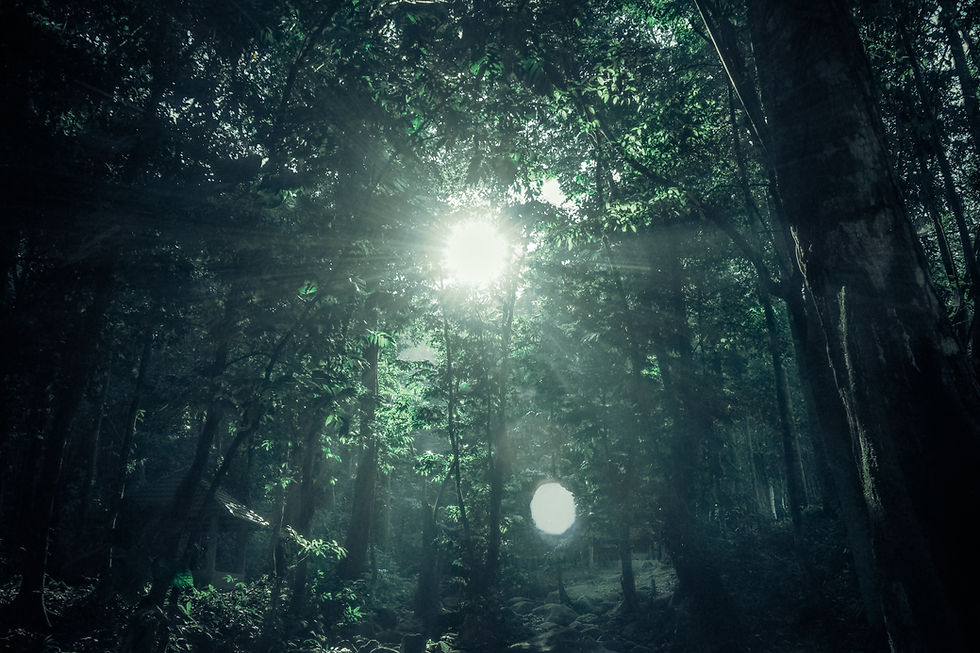Climate change affects ecosystems and habitats around the world
- Feb 27, 2018
- 2 min read
Updated: Mar 12, 2018

Melting sea ice in the arctics, CC0 Public Domain
Changing weather patterns are causing different insects, mammals and birds to believe spring is coming sooner, impacting their yearly behaviours.
New research has found that different animal species are altering their seasonal migratory cycles, otherwise known as phenology, because of climate change.
“Spring is happening in February not April for most migratory species in North America,” said Dr Jeremy Cohen, a postgraduate researcher in the department of Integrative Biology at the University of South Florida. Dr Cohen and his team of researchers analysed thousands of data sources documenting phenological shifts since the 1950s. Their findings are the first to compare modern phenology with historical figures and to predict the harmful effects climate change will have on ecosystems.
Dr Cohen suggests that cold-blooded species are breeding earlier than their warmblooded counterparts because Spring weather is arriving earlier than in the past. For example, swallowtail butterflies are not migrating to South America in large quantities because it is warm enough to continue living in the North. This is a problem that will progress and disrupt the natural ecosystem cycles of humans as well.
“We are going to have to get used to these changes,” said Dr Tim Sparks, a Professor in Environmental Change at Coventry University. Certain insects like moths and butterflies are refusing to migrate south as well. With no birds to keep away pests, “seasonal crops will decay disturbing food supplies around the world”, added Dr Sparks.
“When cycles shift at different times, ecosystems will fail and humans will suffer the consequences”
The proper functioning of our society needs bees to pollinate crops and birds to eat both insects and plants carrying disease. “When these cycles shift at different times, ecosystems will fail and humans will suffer the consequences,” said Dr Cohen.
If all these migratory animals shifted their phenology at the same time, there would not be a problem. However, this is not the case. Birds are finding it easier to overwinter, staying in historically colder areas for longer. If a species yearly migratory cycle is distorted, animal communities either prosper or suffer from the consequences.
The study predicts certain insects will become extinct in the future because of climate change. Predators, like the white stalk bird, are now choosing to linger in places where insects usually go to safely raise their young. The study provides a new tool to analyse which species are most at risk from climate change.
Noah Eckstein







Comments